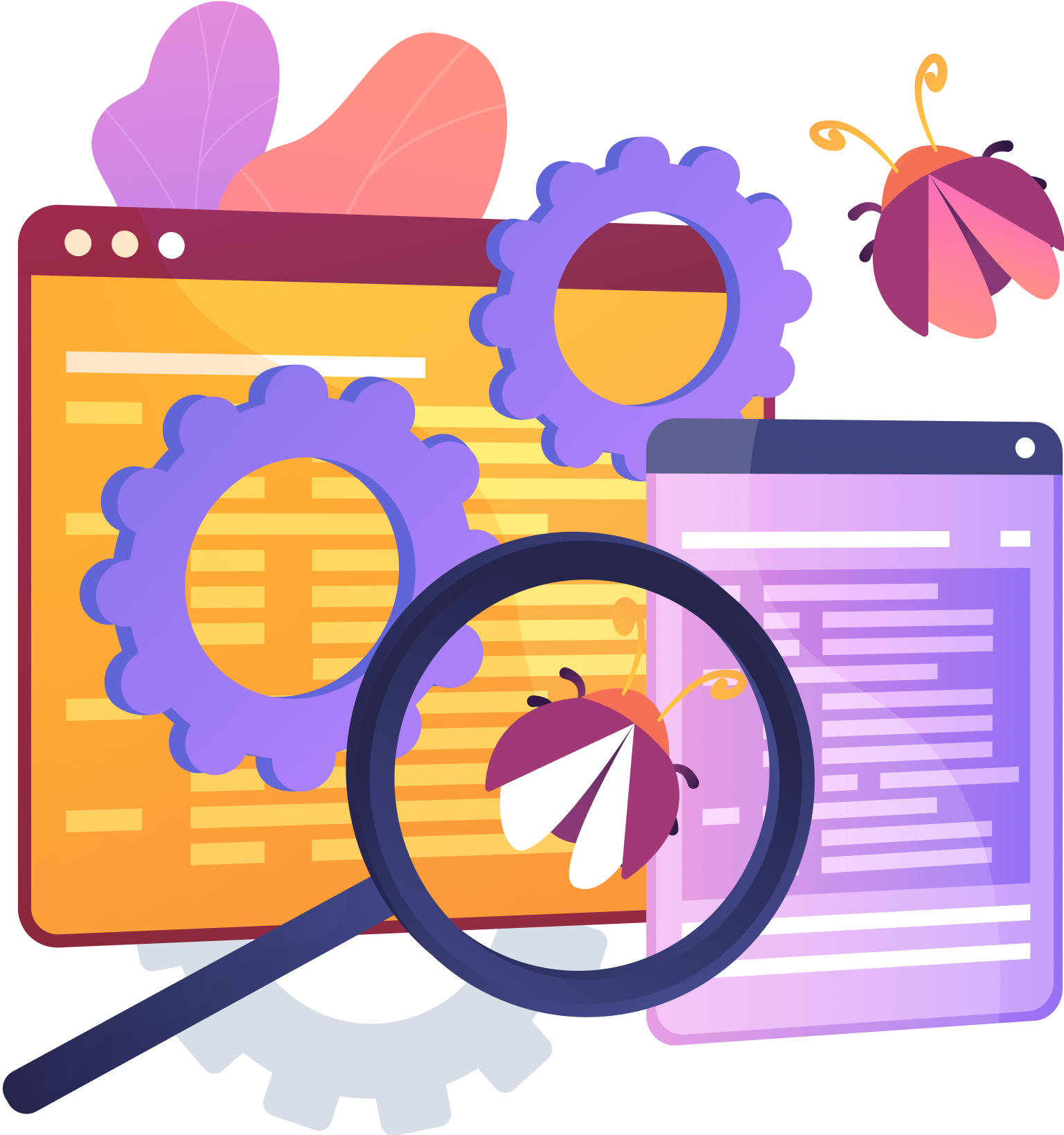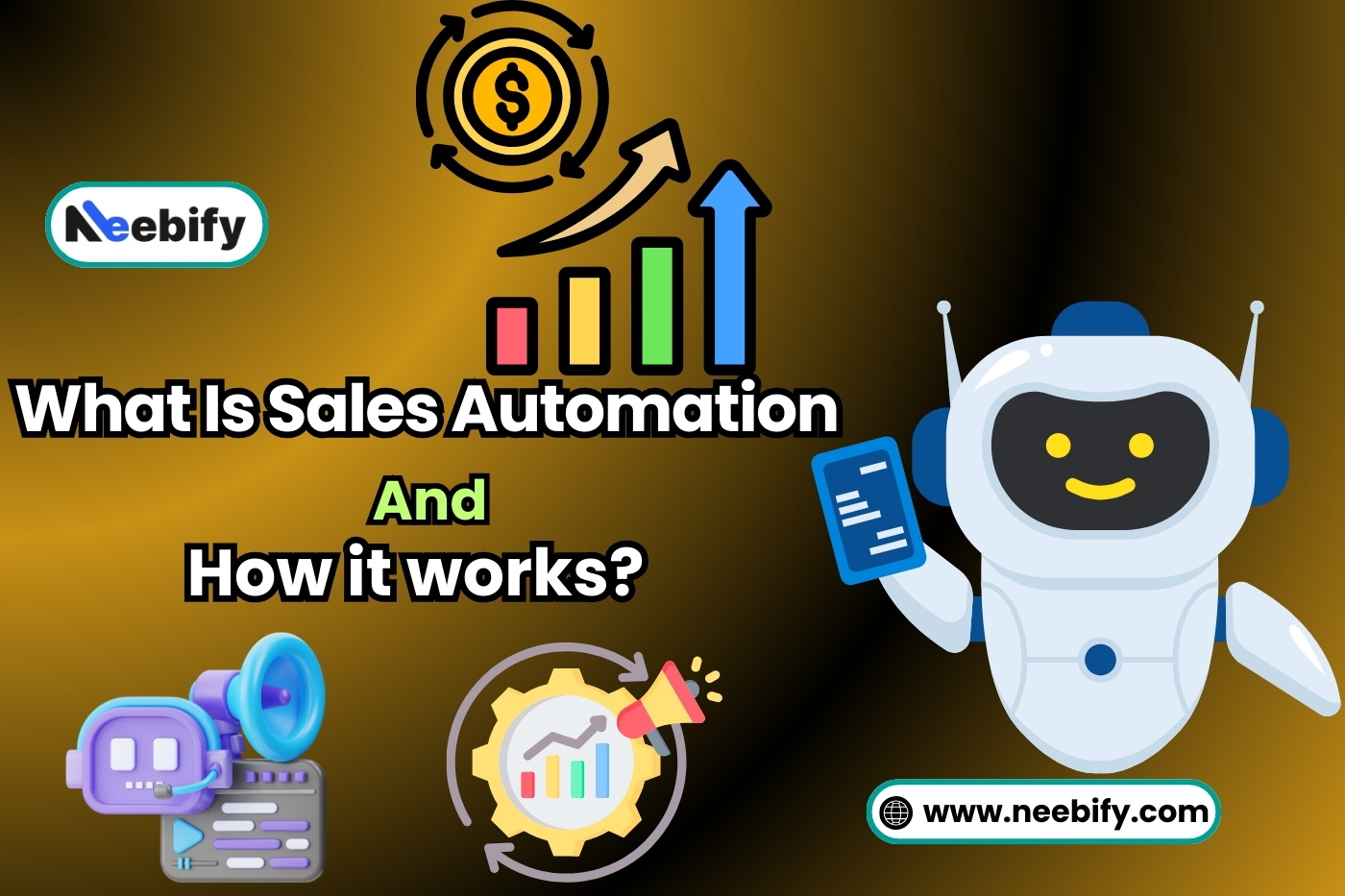How Is Artificial Intelligence In Stock Trading Altering Market?

Being ahead of the curve is crucial in the fast-paced world of stock trading. Artificial Intelligence (AI) has brought about a significant shift in the stock trading industry. Artificial Intelligence (AI) is transforming the trading business with its unrivaled precision in trading, analysis of large datasets, and trend prediction.
This article explores how artificial intelligence (AI) can change stock trading. It looks at the advantages, differences from traditional methods, common uses, and potential drawbacks of using AI in trading. Come along with us as we set out to discover how artificial intelligence is changing stock trading as we know it in the future.
What Is AI-Powered Stock Trading?
AI-powered stock trading harnesses the capabilities of artificial intelligence (AI) technologies like machine learning and natural language processing. These AI systems identify intricate patterns and trends by analyzing vast volumes of market data, empowering automated trade execution. The goal is to optimize trading efficiency and accuracy while reducing reliance on human intervention.
This innovative approach revolutionizes traditional stock trading by enabling swift, informed decision-making based on data-driven insights. Ultimately, AI-powered stock trading offers investors a competitive edge in navigating the dynamic and fast-paced landscape of financial markets.
How To Use AI For Stock Trading ?
Data-driven decision-making is the foundation of AI-powered stock trading. Using sophisticated algorithms, ai trading patterns systems quickly scan vast amounts of market data—from past stock prices to macroeconomic indicators. They then quickly evaluate the data to spot patterns and trends. By applying machine learning techniques, these systems can adjust to changing market conditions as they continually improve their tactics based on input from previous transactions.
AI-powered stock trading uses advanced technology to make money and reduce risks for investors. It helps them navigate the complexities of financial markets by analyzing data and making predictions.
How AI Technologies Shaping The Future of Stock Trading
Using AI
Stock traders benefit from machine learning and artificial intelligence that analyzes enormous volumes of historical market data. Machine learning algorithms give valuable insights for making defensible decisions by spotting patterns and trends. Using this information, traders may forecast market moves, improve their trading tactics, and improve their overall stock market performance.
NLP (Natural Language Processing)
Thanks to natural language processing, or NLP, AI systems can now analyze and extract insightful information from unstructured data sources like financial reports, social media posts, and news articles. NLP can offer traders real-time sentiment analysis, news sentiment ratings, and other market insights in the context of stock trading. NLP enables traders to make better-informed investment decisions and modify their strategies by evaluating textual data.
Deep Learning and Neural Networks
Neural networks and deep learning help with stock trading by analyzing vast amounts of data to identify intricate patterns and connections. This new AI technology helps traders predict stock market trends and movements more accurately. In stock trading, traders can benefit from using deep learning models and neural networks to improve risk management. They can also make better trading decisions and achieve better results.
Algorithmic Trading and AI
Trading Algorithms
Using preset instructions, algorithmic trading automates the execution of deals. These instructions make transactions happen automatically based on set criteria or conditions because they are part of computer algorithms. Algorithmic trading systems use AI algorithms to quickly analyze market data and make accurate transactions. They are a valuable tool for traders wanting to improve their strategies in today's unpredictable financial markets.
AI Involvement In Algorithmic Trading
By improving the efficacy and efficiency of trade execution, artificial intelligence (AI) is a critical component of algorithmic trading. AI systems can quickly and accurately find profitable trading opportunities and execute deals, reducing human error and optimizing profit potential by continuously evaluating enormous volumes of market data. Artificial Intelligence (AI) dramatically improves trading efficiency by allowing it to adjust to changing market conditions in real-time. This, in turn, leads to better performance and profitability for traders who use algorithmic trading techniques.
What Do AI Trading Signals Signify For AI-Powered Stock Trading?
AI algorithms analyze enormous databases to produce actionable insights represented by AI trade signals. These signals give investors timely alerts of possible market moves and the best trading chances, making them indispensable tools for AI-powered stock trading. Traders can feel more confident and accurate by understanding these signals. They can also take advantage of new trends and make informed decisions.
AI trading signals enable traders to negotiate the complexities of the stock market more efficiently and effectively, ultimately leading to better investing outcomes, whether they indicate a buy, sell, or hold advice.
READ ALSO- The Cost of Building An AI Testing Tool Like Katalon?
Advantages of AI For Stock Trading
Reduce Research Time While Increasing Accuracy
Artificial Intelligence (AI) dramatically simplifies stock trading research by quickly sifting through large databases and identifying relevant insights. This reduces the time required for manual investigation and increases accuracy and dependability. Traders can make more confident and efficient decisions using AI's analytical capabilities to obtain actionable information quickly.
Predictive Trends
AI gives traders priceless forecasting powers to predict future events and market movements. AI anticipates possible market movements by evaluating past data and using sophisticated algorithms, enabling traders to remain ahead of the curve and take advantage of new possibilities. Proactive decision-making is made possible by this anticipatory knowledge, which improves traders' capacity to accurately and strategically negotiate the ever-changing world of stock trading.
Reduce Expenses
Investors can save money because of AI's automation of certain trading operations. Artificial intelligence (AI)-driven trading systems assist in lowering the operational costs related to stock trading by eliminating human interaction and automating tedious processes. Additionally, the cost-effectiveness of AI is enhanced by the efficiency benefits attained through automation, which makes AI a desirable option for investors seeking to maximize profits while streamlining trading operations.
How Will AI Change The Stock Trading Industry?
AI is a revolutionary force that has the potential to change the ever-changing stock trading sector completely. Artificial Intelligence (AI) presents a window into a future where accuracy and efficiency are paramount since conventional approaches face constraints. Artificial Intelligence (AI) holds the potential to transform the stock trading industry by optimizing workflows, improving decision-making, and utilizing large datasets and sophisticated algorithms.
Artificial Intelligence (AI) has the potential to revolutionize success in the stock trading industry by opening up new avenues and redefining success through its real-time trend analysis and quick adaptation to shifting conditions.
The Main Difference Between Stock Trading By Humans And AI
Human Use Cases In Stock Trading:
Emotional Detachment
Human emotions like fear and greed can frequently impair judgment and result in illogical decision-making regarding stock trading. But AI systems don't have feelings, instead, they use data and algorithms to make sense of the world. This emotional detachment, AI can conduct transactions based on objective analysis, which lessens the influence of emotional biases and improves overall trading profitability and effectiveness.
Observe The Rules
Because AI follows preset guidelines, it maintains consistency and removes the possibility of rash or irrational actions, which can occur in human trading. In the turbulent and dynamic world of stock trading, AI systems that closely adhere to set trading rules maintain discipline and methodically execute deals, improving risk management and producing more predictable results.
Reliable Trading Capability Reliable Trading Capability
AI is a dependable alternative for stock trading due to its continuous performance and adherence to predefined plans. With AI systems, investors may navigate tumultuous markets with greater confidence and less uncertainty since they continuously analyze market data and execute trades based on predetermined criteria. This dependability boosts overall portfolio performance and improves trading results for investors using AI-powered trading strategies.
The Ability To Monitor Important Markets
AI is highly adept at keeping an eye on numerous markets at once, giving traders insightful information on significant trends spanning a range of asset classes and geographical areas. Artificial Intelligence (AI) helps traders stay informed and make quick decisions to take advantage of changing market dynamics by continuously monitoring market data and instantly detecting trends and opportunities. With these thorough market monitoring capabilities, traders can maximize their trading results and effectively adjust their tactics in reaction to changing market conditions.
AI Use Cases In Stock Trading:
Creating Stock Algorithm Designs
AI uses machine learning and advanced analytics to enable the development of complex algorithmic trading strategies. Artificial intelligence (AI) algorithms can create bespoke trading strategies suited to specific investment goals and risk tolerances by examining past market data and spotting trends. This helps traders in the fast-paced, cutthroat world of stock trading to maximize trading results, reduce risks, and seize profitable chances.
Creating Chatbots For Customer Support
AI-driven ai stock trading bot improve customer service on stock trading platforms by responding to inquiries and offering real-time support. Using machine learning algorithms and natural language processing (NLP), these ai stock trading bot can communicate with traders, provide pertinent information, and quickly resolve issues. This ultimately contributes to enhanced client loyalty and retention by optimizing the user experience overall, raising customer happiness, and facilitating smooth interactions between traders and the trading platform.
Some Hidden Drawbacks of AI Stock Trading
Risk of Algorithmic Errors
AI-driven trading systems are susceptible to algorithmic mistakes caused by unexpected interactions with market data or code flaws, among other things. If these mistakes go unnoticed or are quickly corrected, traders may make better trading judgments and suffer financial losses.
Over-Reliance on Historical Data
Historical data is a significant source of inspiration for AI systems that predict market patterns and direct trading decisions. This dependence, nevertheless, could miss essential changes or upheavals in market dynamics that need to be shown in historical data. Excessive reliance on past data may lead to lost chances or inefficient trading tactics, especially in quickly changing market circumstances where past trends might not precisely mirror present ones.
Susceptibility To Unforeseen Market Events
Even with AI's superior forecasting capabilities, even the most advanced trading techniques can be derailed by unanticipated market occurrences or external circumstances. Events such as natural disasters, geopolitical tensions, or economic upheavals can cause market volatility beyond the capacity of AI algorithms to predict, which can be problematic for risk management and portfolio performance.
Complexity of AI Algorithms
The intricacy of AI algorithms may make it difficult to understand and evaluate trading results fully. These complex algorithms could provide difficult findings to understand or interpret, making it more difficult for traders to determine the underlying logic of particular decisions and modify their strategies accordingly.
Conclusion
Artificial intelligence is a technology that can transform the stock trading sector completely. Its unmatched efficiency, accuracy, and predictive powers hold great potential for traders and investors. Investors must, however, carefully balance these benefits against any potential disadvantages. It is imperative to approach AI-powered stock trading thoroughly, aware of its ramifications and constraints.
By doing this, investors can fully utilize AI while skillfully navigating its obstacles, guaranteeing a more knowledgeable and prosperous approach to the constantly changing world of stock trading.
FAQ's:
Q.1- How does AI affect the stock market?
A- AI significantly impacts stock trading since it makes research more accessible, can forecast market movements and saves money on overhead. Furthermore, AI carefully follows predetermined rules and removes emotional biases, improving trade dependability and consistency.
Q.2- What benefits does AI offer to stock traders?
A- Predictive trend analysis, reduced research time while boosting accuracy, and cost savings through automation are just a few benefits offered by artificial intelligence (AI) in stock trading. AI also allows traders to quickly execute transactions based on predetermined parameters and watch numerous markets simultaneously.
Q.3- What are a few disadvantages of stock trading with AI?
A- Notwithstanding its advantages, algorithmic errors, excessive dependence on past data, vulnerability to unanticipated market events, and the intricacy of AI algorithms are possible disadvantages of AI stock trading. Investors must balance these disadvantages with the benefits and approach AI-powered stock trading with a thorough understanding.
Q.4- How should investors approach stock trading driven by AI?
A- Investors who are thoroughly aware of the implications and limitations of AI-powered stock trading can confidently approach it. To reduce potential risks, it's essential to conduct in-depth research, keep up with the most recent advancements in AI technology, and implement effective risk management techniques.
Q.5- Is stock trading with AI appropriate for all investors?
A- Even though stock trading with AI has a lot of potential advantages, not all investors may be a good fit for it. Before integrating AI technology into their trading techniques, investors should evaluate their level of comfort with the technology, their investing goals, and their risk tolerance.









